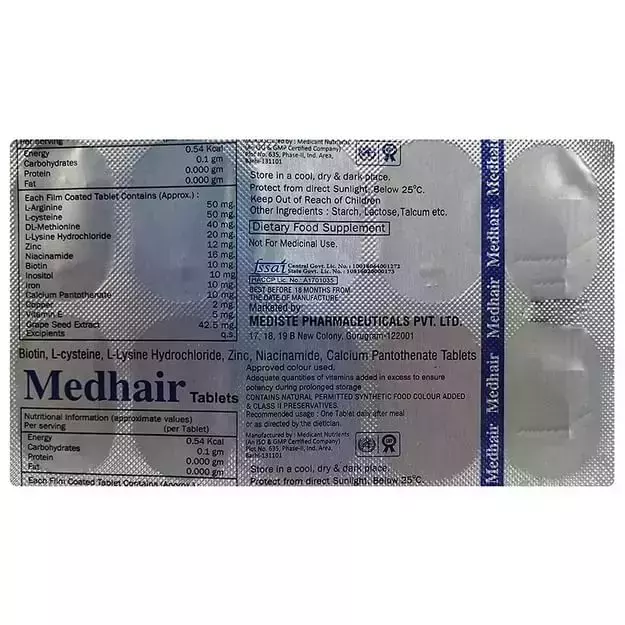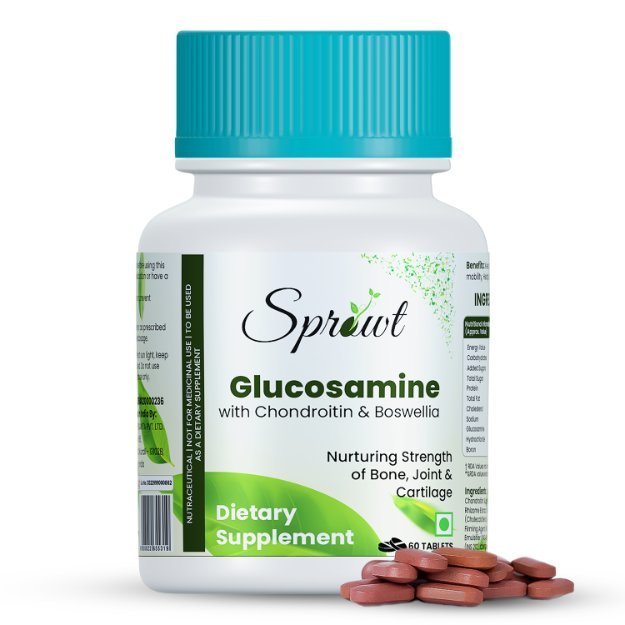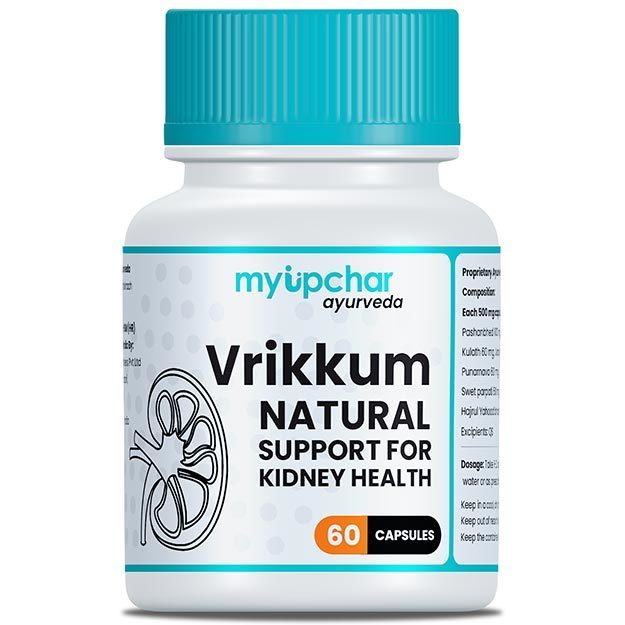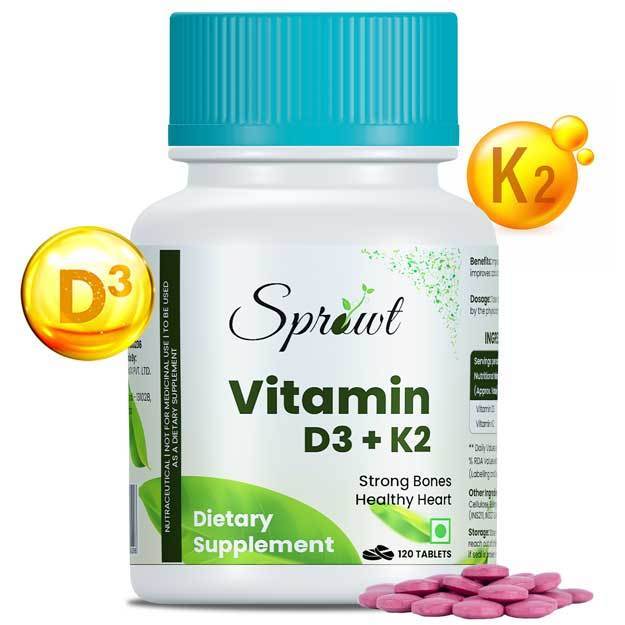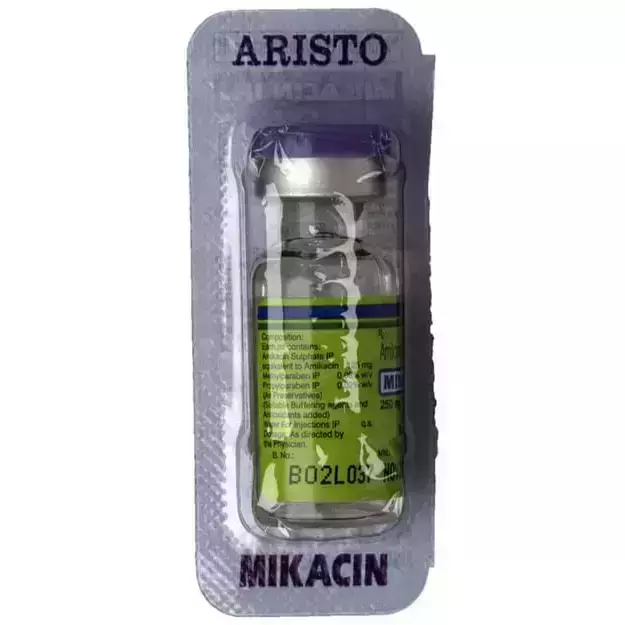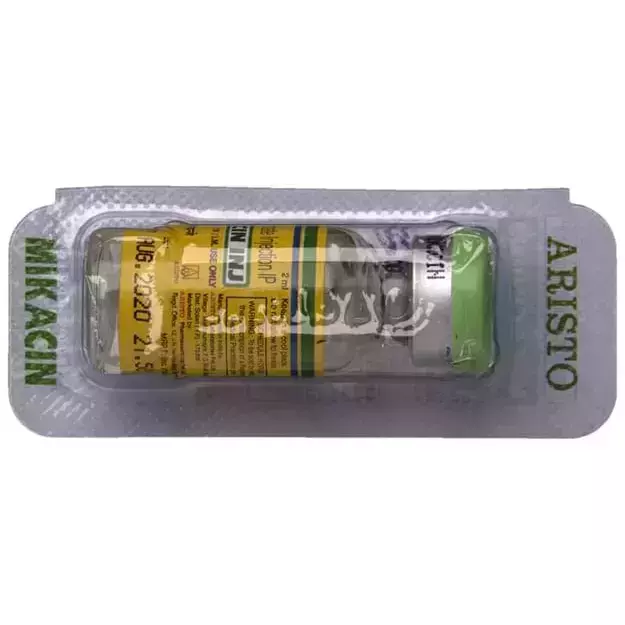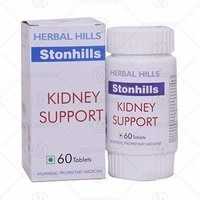Curesin, a prescription drug, is manufactured in various forms such as Injection. Primarily, it is used for the treatment of Urinary Tract Infection. Other than this, Curesin has some other therapeutic uses, which have been discussed ahead.
The optimal dosage of Curesin is largely dependent on the individual's body weight, medical history, gender and age. The condition it has been prescribed for, and the route of administration also determine the right dosage. For detailed information on this, read through the dosage section.
While these are the most often observed Curesin side effects, there are can be others also. These have been listed below. These side effects of Curesin are usually temporary and subside with the completion of treatment. If, however, they worsen or do not go away, please speak with your physician.
Furthermore, you should know that effect of Curesin is Severe for pregnant women and Unknown for women who are breastfeeding. Warnings related to Curesin's effects on the liver, heart and kidney, if any, have been listed below.
Curesin is not recommended if you suffer from certain medical conditions as it can have adverse effects. Dehydration, Parkinson's Disease, Hearing Loss are examples of such conditions. Other contraindications of Curesin have been discussed in the sections ahead.
Drug interactions for Curesin have been reported in the medical literature. A complete list of these interactions is given below.
In addition to these precautions, you may also note that Curesin is safe while driving, and is is addictive in nature.
X

